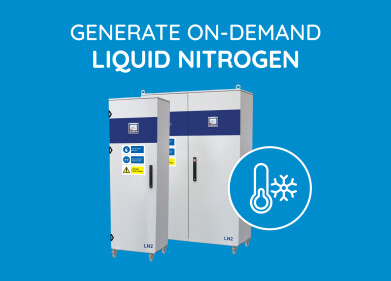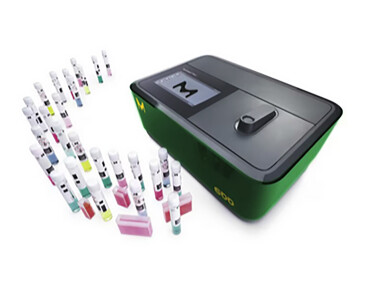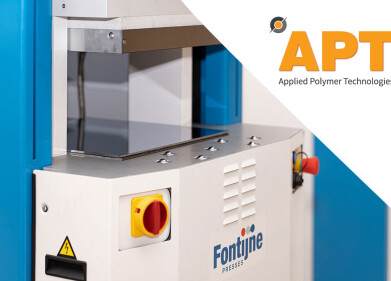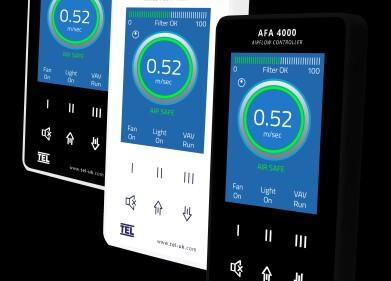Laboratory Products
Water in Dairy Products
Aug 02 2017
Being able to measure and control the water level of dairy products is essential. Not only is the amount strictly regulated by law, it can also affect processing and influence the characteristics of the finished product. The combined importance of legal compliance, optimum productivity and overall quality means that a reliable, repeatable and easy-to-use method for measuring moisture is required by dairy processors. Fortunately, determining the water content in milk and related milk products can be easily achieved with Karl Fischer (KF) titration.
Whole milk is an aqueous system in which lactose, whey proteins and minerals are dissolved. These elements can be easily separated out into, say, cream and skimmed milk. Additional treatments can produce foods such as cheese, butter and fermented milk products. The texture, taste and shelf life of these yields is in part determined by their moisture content; there are also legal limits, which must be observed.
Milk consists mainly of water; therefore, its water content determination is straightforward. Also, creams, yoghurts and milk powder all release their water easily in a Karl Fischer titration working medium – the determination can be carried out with classic reagents. However, it is often necessary to take into account inhomogeneous water distribution or the separation of components during storage. It is therefore recommended that homogenisation takes place, especially for quark and yoghurt.
Milk powder releases its water slowly. The determination can be accelerated by increasing the temperature. Heating the reagents to 50°C can be beneficial for the KF titration of milk powder samples. Milk powder with especially high fat content may need the addition of chloroform to the working medium to improve the solubility of the sample.
Cheese does not dissolve in methanol and therefore does not release its water content in standard KF solvents. The addition of formamide to the working medium as a solubiliser is therefore necessary. Carrying out the titration at elevated temperature is also recommended. Importantly, the sample should be finely grated or cut into small pieces and stirred into the working medium for 5-10 minutes. The titration should then take about 2-3 minutes to complete.
There is an issue when determining the water content of whey fat emulsion – the product can coat the electrode in the titration cell. As a result, it is possible to experience fading end-points and erroneously high results. Fortunately, the introduction of formamide to the working medium can prevent this interference, while the addition of chloroform is necessary to dissolve the fat in the sample.
Dairy processors clearly need accurate water content measurement and access to a consistent and easy-to-use method for water determination. Karl Fischer titration, in combination with the most reliable reagents, achieves this without compromising effectiveness. The key to making the whole process work is to choose a chemicals supplier with a track record of delivering consistent quality, supported by technical experts, and backed up with a true commitment to partnership.
Please click here to discover more and buy now.
Digital Edition
Lab Asia 31.6 Dec 2024
December 2024
Chromatography Articles - Sustainable chromatography: Embracing software for greener methods Mass Spectrometry & Spectroscopy Articles - Solving industry challenges for phosphorus containi...
View all digital editions
Events
Jan 22 2025 Tokyo, Japan
Jan 22 2025 Birmingham, UK
Jan 25 2025 San Diego, CA, USA
Jan 27 2025 Dubai, UAE
Jan 29 2025 Tokyo, Japan













.jpg)






